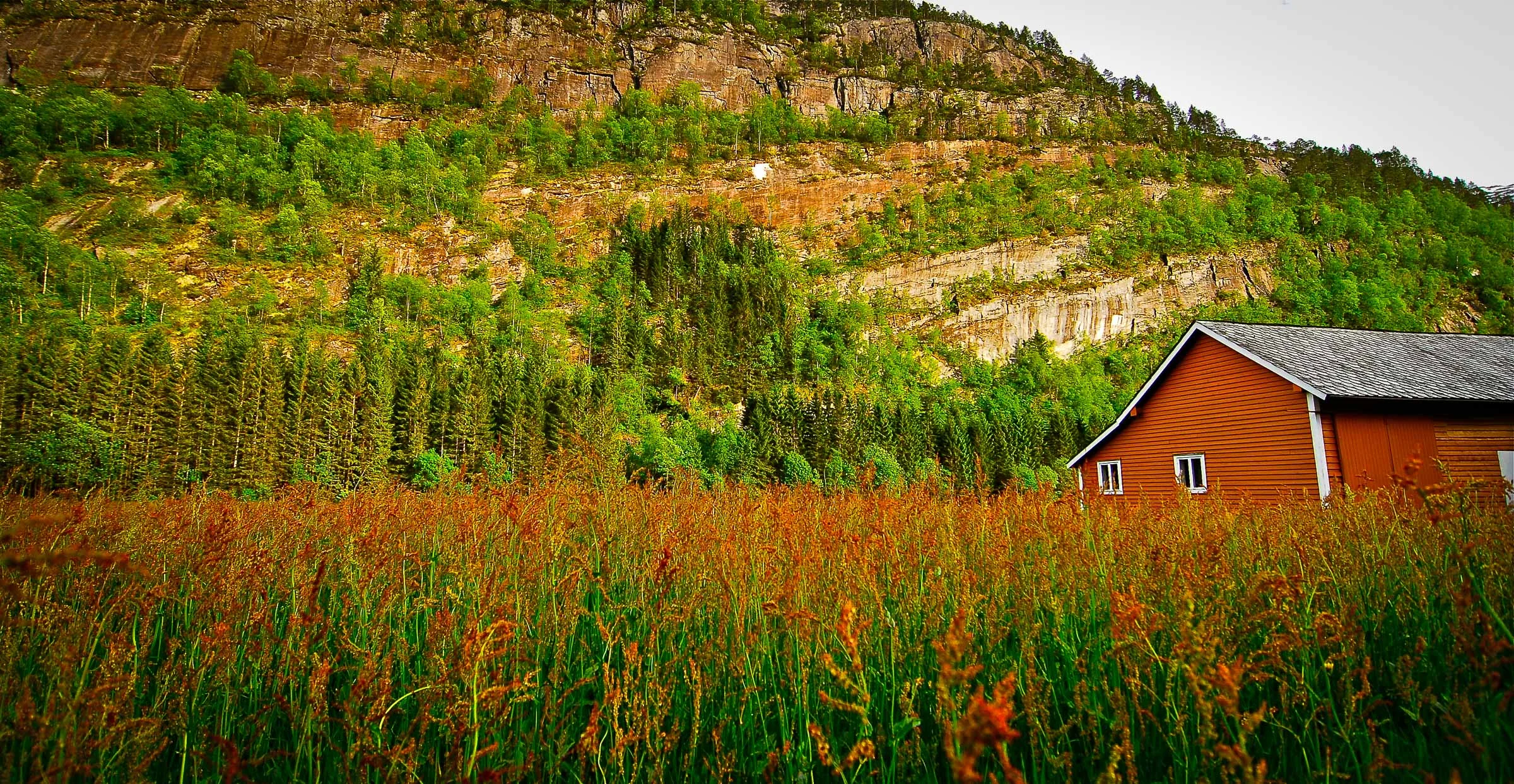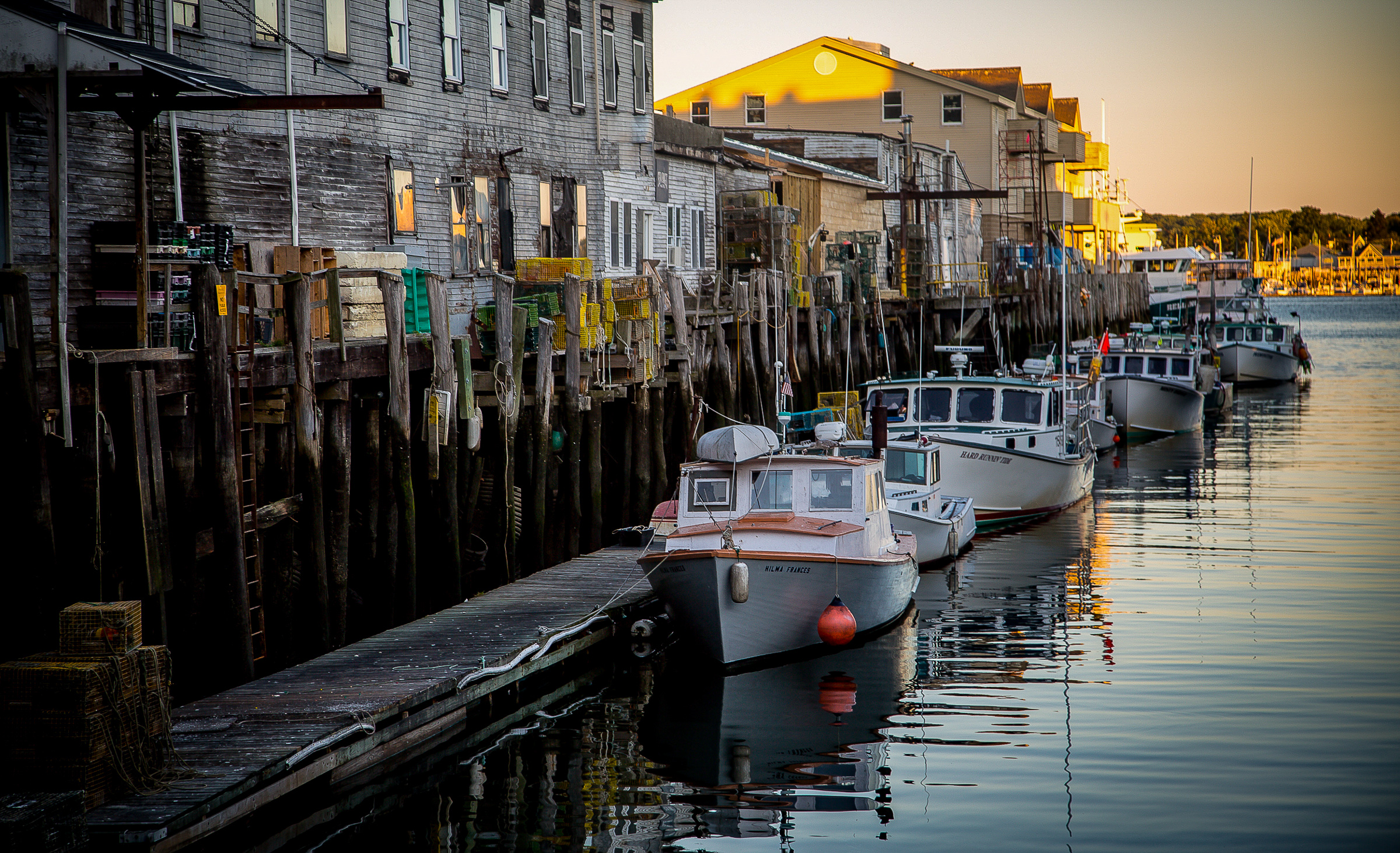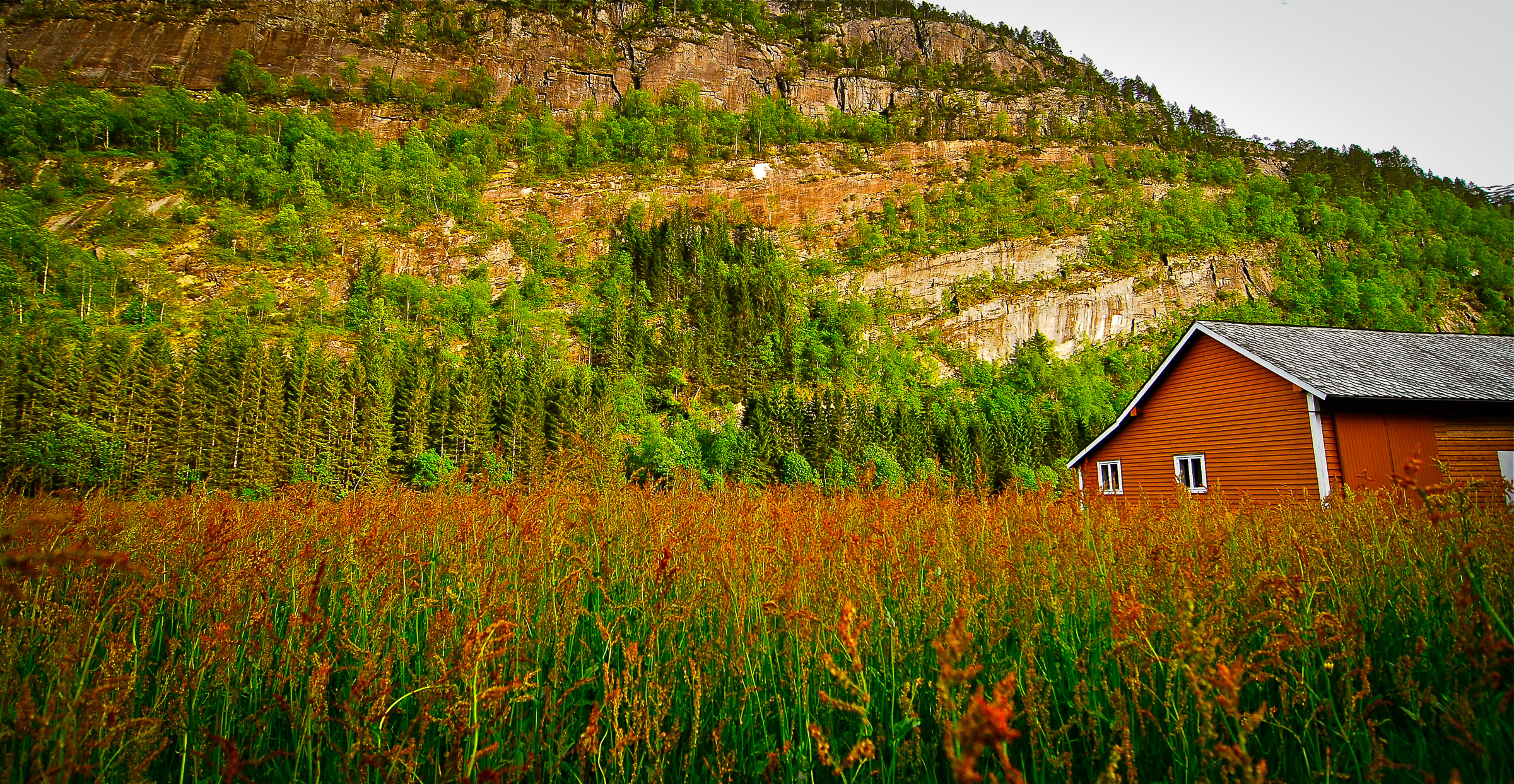Seeing The New In The New… And In The Familiar
Between 1983 and 1987 I worked and travelled around the world, starting Europe, then off to Australia, New Zealand, and Malaysia, finally to the Andean countries of South America, most of Central America, and Mexico.
It was a remarkable few years for a mid- to a late-twenties young man from Scotland. I visited all the sites of course – the Sydney Opera House and Machu Picchu were standouts – but much more than the glamorous tourist spots were the out of the way places. Places most folk wouldn’t know exist, especially back then. When I travelled to Morocco in early 1984 I stayed in a hut on the beach at Taghazout, north of Agadir. Checking online I found that it now has proper hotels and thriving tourist industry, but back then it was a post-hippy place to stay. There was no electricity nor running tap water or showers, just a well. So we washed in the sea and went to bed when it got dark, which was early evening.
I don’t remember what the locals felt about us – they were used to it I guess – even though we probably numbered in the few hundreds of visitors a year, not hundreds of thousands. But I remember the people. Quiet, in no rush, but active in their daily duties of washing clothes, taking goods to market, still dressed in traditional Berber clothing.
I remember the contrasting weather. Quite hot in the heat of the day – this was February – but cold, properly cold, at night in the hut, which had no heating.
We were intruders for sure, but I guess our money, such as it was, was welcome, and we respected traditions and the land and sea, on which our hut was set.
To say that travel is different from tourism is true but only to a degree. In all cases, you are going to places where local people live and you bring your culture, your baggage, and your gifts with you. Sometimes the local people may prefer the tourists because they are quite uniform in behaviour, whereas the independent traveller can vary, making it harder to understand their purpose, their needs.
The question arises, why do we do this? Why travel? The phrase says it broadens the mind but I met many fellow travellers on my journeys whose minds were closed to everything except novelty. Not novelty as an addition to their understanding of life, just novelty as in tick the box and it’s forgotten.
In this sense, you have to be mindful to travel fully. The mind must already be open to discoveries, and the discoveries might be inner rather than outer, silent rather than noisy, ephemeral atmospheres rather than archaeological wonders.
Thoreau wrote that there are continents in the mind to discover. He also wrote something like, why travels halfway around the world to count the cats in Zanzibar. Quite. Ticking the box was as much of a way of living back in the mid-1800s in the USA as it is today.
My take on mindfulness and travel is that it doesn’t matter whether you are stuck in your own home or you have stumbled upon a hitherto unknown village in say Mongolia. In both cases, we have five senses and a brain. If the five senses are alert and the brain is open, curious, and welcoming, then there are marvels to be experienced.
To sip a glass of cold water is a joy unexperienced by anyone until they take the next sip. Each sip is new, undiscovered, unknowable until done. Then it is gone and it was good to have known it. Whether the sip occurred in Hamilton, Scotland, where I live or in Hamilton, Ontario, Hamilton Island on the Great Barrier Reef, or Hamilton, the capital of Bermuda, is irrelevant. Experience is experienced, and all experience is precious. There is no such thing as familiarity, only a brain which has stopped fully perceiving.
If I could travel anywhere I’d travel back in time to hold my mother and father, my sister and brother, all dead, again. Not that I didn’t do that when they were alive – I did and have no regrets of things unsaid or love unexpressed. I’d just love to do it again as if I had never had the experience before.
I can travel in that direction though, through my imagination, and though it’s not quite the same as the real thing, with a mind that’s fresh, clear and willing, you can come pretty close. I once wrote a poem coming home on the train from Oban, the theme being just that possibility of connection with one who has died. In that instance, it was about me and my Polish grandmother, who died of starvation in Teheran in 1942. Here are its last lines. I think it sums up my view of true travel; an attempt to fully connect with something that is ultimately so different from you that you nearly get there, but not quite, yet the effort is always well worth it.
not quite able to make the miraculous connection
that would have healed everything
but we almost get there
almost bridge the killing years
almost express exquisite love
and sorrow
but knowing we have to part
without that communion
till next time
till our love again seeks to connect
what is not possible to connect
and remains instead a hope in the heart
and this series of photographs
set on a page
on my side of the chasm
▢
More Mindfulness:
Martin Stepek is a member of the JONAA team in Scotland, a founding member of JONAA and sits on JONAA’s board. A Scot with Polish heritage, a Mindfulness teacher, poet, published author, columnist on Mindfulness (Ten for Zen and the Sunday Herald) and the Chief Executive of the Scottish Family Business Association.







